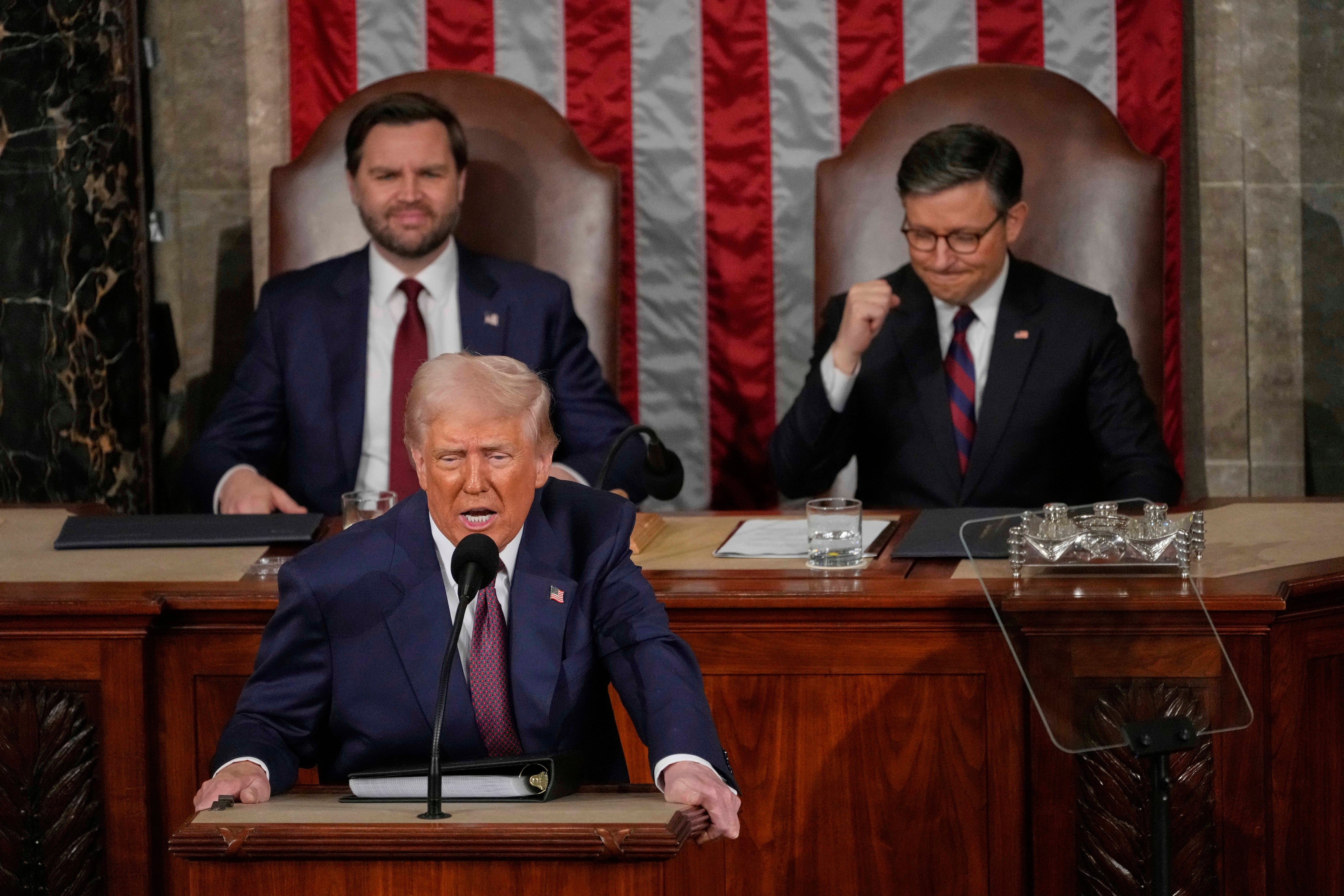WASHINGTON ― Italy’s nationwide lockdown in response to the new coronavirus has not affected the production of F-35 Joint Strike Fighter parts in northern Italy, prime contractor Lockheed Martin said Tuesday.
As the COVID-19 virus, believed to have originated in China, has sparked emergency measures worldwide, the Pentagon is monitoring potential impacts on its defense industry supply chains ― particularly the F-35, which relies upon a uniquely global network of parts suppliers.
Deputy Defense Secretary David Norquist told Congress Tuesday that “so far, there has been little disruption to date, but if this thing continues and expands, then we potentially see some issues.” Undersecretary of Defense for Acquisition and Sustainment Ellen Lord has been tapped to track potential defense-industrial base problems.
“Luckily we do not depend on very much that comes out of China because of the way the Department of Defense is structured, but we are concerned as it spreads to other countries, allies and partners, and what the effect of technology and production disruptions would be,” Norquist said. “For example, there is an F-35 facility in Europe, so the question is: ‘Do those production schedules stay on time?’ ”
RELATED

Days after the new coronavirus forced the temporary closure of two F-35-related facilities in Cameri, Italy, and Nagoya, Japan, Italian Prime Minister Giuseppe Conte issued direction late Monday that the entire populace of his country should avoid leaving their homes except to go to work or for emergencies. Travel restrictions previously limited to Italy’s north were extended everywhere.
Cameri is home to the European final assembly and checkout facility, or FACO, a key node in the F-35 production chain. In addition to the FACO facility, Italian companies provide parts such as rear actuators, wing production, radio, cockpit lighting and panels, and electronic warfare components — pieces that go into F-35 jets around the globe.
Lockheed Martin spokesman Brett Ashworth told Defense News that as of late Monday, “Lockheed Martin employees are still reporting to work in Italy. However, out of an abundance of caution and in coordination with local health officials, any employee with potential exposure to coronavirus is instructed to work remotely and self-quarantine. The health and well-being of our employees and partners is our top priority.”
The company last week ordered its direct employees in the area to conduct work from home; engine manufacturer Pratt & Whitney followed suit.
The F-35 is perhaps the most globally integrated supply chain in military equipment history. The Air Force, Navy and Marine Corps, along with eight international partners and foreign military sales customers, also share a common, global pool of spare parts that is managed by Lockheed.
More broadly, the U.S. aerospace and defense sector is feeling the impact of COVID-19, with companies limiting travel, defense trade events scuttled and contingency planning underway. Lockheed and Boeing are among the defense firms that have curbed travel for employees.
On Tuesday, the Association of the U.S. Army announced it canceled the Global Force Symposium and Exposition that was to be held next week in Huntsville, Alabama. The decision marked the latest trade show to be hit. The show has hosted as many as 6,500 participants and 200 exhibitors in recent years.
The announcement came a day after the Pentagon said that Lt. Gen. Christopher Cavoli, the head of U.S. Army Europe, had potentially been exposed to the virus during a conference. As a result, Cavoli and key staff are “self-monitoring and working remotely to fulfill their command duties and responsibilities,” according to a Pentagon spokesman.
Valerie Insinna contributed to this report.
Joe Gould was the senior Pentagon reporter for Defense News, covering the intersection of national security policy, politics and the defense industry. He had previously served as Congress reporter.
Aaron Mehta was deputy editor and senior Pentagon correspondent for Defense News, covering policy, strategy and acquisition at the highest levels of the Defense Department and its international partners.




